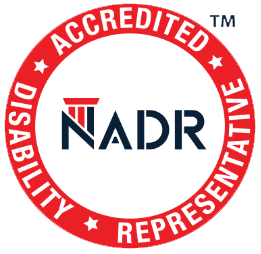How To Apply For Social Security Disability With Cerebral Palsy
Cerebral Palsy or CP describes a group of nervous system problems typically diagnosed at birth or soon after. The types of CP and impairments vary from person to person. Therefore social security benefits are not a given if diagnosed with Cerebral Palsy. There are two different categories to consider for SSA disability benefits – those applying on behalf of their children, and those applying as adults.
Applying as a Parent/Guardian
Since diagnosis usually happens at birth, the Social Security Administration (SSA) knows these children often need financial help right away. Therefore, Social Security Income (SSI) benefits are available to medically eligible children. This is often the case if your child has severe difficulty speaking, walking, and coordination.
On the other hand, mild CP will most likely not qualify for disability benefits. To help determine the difference, the SSA has set requirements with listing 111.07. This more states explicitly what qualifies medically for children with CP. Keep in mind, SSI is a need-based assistance program for low-income households. Therefore, it isn’t just medical qualifications that need to be met. To learn more about who benefits from SSI, learn more here.
The SSA has a list of severe disabilities that may qualify your child to receive disability benefits faster. If you need help or want to consult on how to do this, contact us today.
Applying as an Adult
Cerebral Palsy is a lifelong condition with no cure. This is why those diagnosed with CP are often unable to work as adults. It is also common that those with CP have other disabilities as well. Typically, children have an easier time getting medically qualified for CP than adults. Even if someone had disability benefits as a child, the SSA will reevaluate individuals at age 18. Generally, most keep their benefits, but around 30% will be denied after turning a18 due to stricter medical eligibility. The SSA’s listing 11.07 defines qualifications for adults.
If someone with CP does not automatically qualify, the SSA is still required to consider the effect of your impairments on your everyday life. A DSS physician will need to evaluate the functional capacities using a Residual Functional Capacity (RFC) form. This form helps the SSA determine if you can work and what job duties you can perform.
As always, medical evidence is your friend. It would be best if you worked with your doctor to have everything well documented throughout the life of the individual with CP. If you have any difficulties or are not sure how to navigate the process, contact DSS today.



